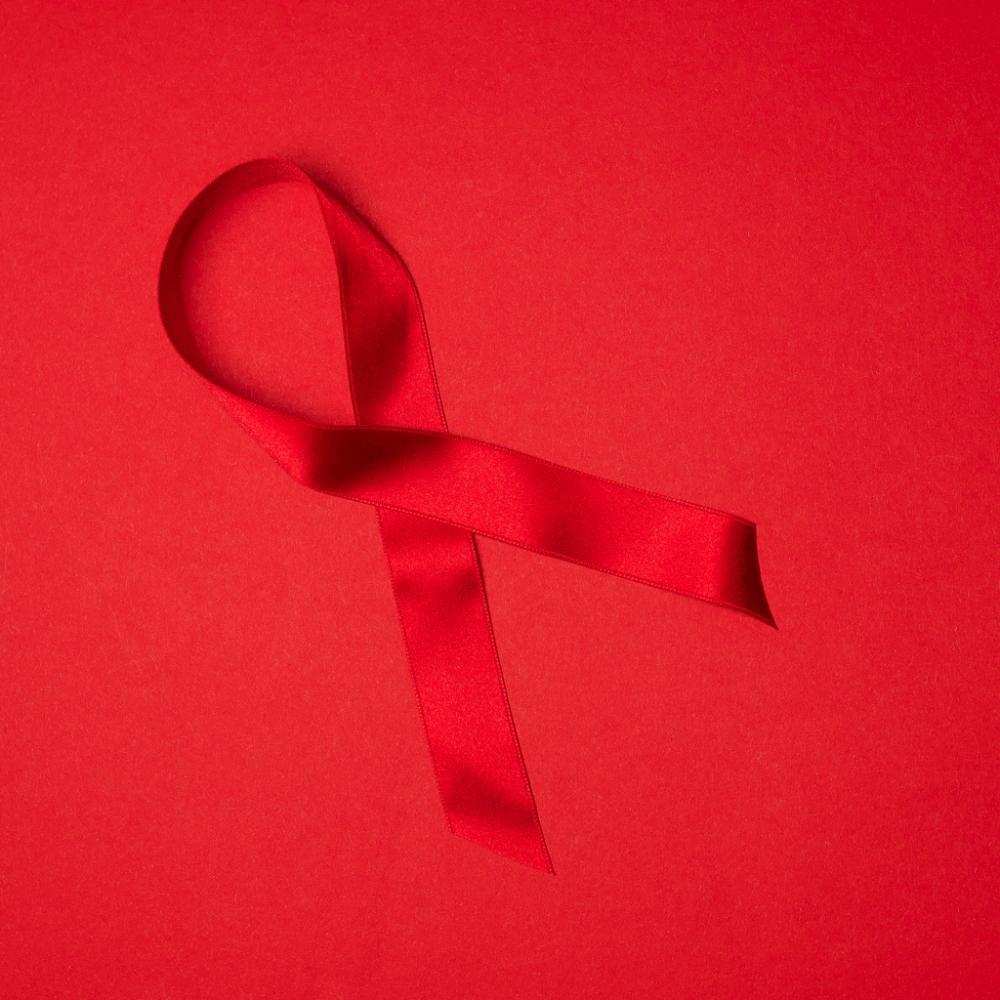
finished
Psychological well-beingamong people living with HIV from a temporal perspective: macro- and microdynamics of changes

principal investigator / project leader
Ph.D. / Associate Professor

principal investigator / project leader
Ph.D. / Associate Professor, University of Warsaw
psychologist, psychotherapist
project value: PLN 330,476
SWPS University’s budget: PLN 81,160
funding source: National Science Center
discipline: psychology
location: Warsaw
duration: 2017 2018 2019 2020 2021
SWPS University, in collaboration with the University of Warsaw, carried out research on determinants of changes in psychological well-being in persons living with HIV. The project was led by Marcin Tomasz Rzeszutek, Ph.D. / Associate Professor at Faculty of Psychology, University of Warsaw. The results may help to develop more effective form of psychotherapy for the patients.
Grant form the National Science Center No.2016/23/D/HS6/02943
Project objectives
The main goal of this project is to examine determinants of changes in psychological well-being (PWB), as operationalized by the level of health related quality of life (HRQoL) and subjective well-being (SWB), among people living with HIV (PLWH) in a classical longitudinal design (macro-dynamics) accompanied with an innovative implementation of a so-called “shortitudinal design”, i.e., an analysis of daily dairies (micro-dynamics).
Methodology
We plan that a final sample of 200 HIV+ individuals (i.e., after three repeated observations with six months intervals) will participate in the realization of the first research task in this study. Participants will be filling questionnaires, such as WHO Quality of Life-BREF (WHOQOL-BREF), Satisfaction with Life Scale (SWLS) together with the Positive and Negative Affect Schedule (PANAS-X),NEO-FFI questionnaire, The Mini-Cope Inventory and Berlin Social Support Scales (BSSS). In parallel, diary studies will start for a subsample of the participants who, after completing the aforementioned baseline measurement, will agree to take part in the second research task. For five consecutive days, from Monday till Friday, every evening the patients will fill online time-stamped questionnaires, sent via hyperlink to their email accounts, to assess the participants’ daily emotional state, coping strategies and social support. A single evaluation will take about 10 minutes. A professional survey software dedicated to online measurements will be used to facilitate data collection.
Practical application of results
The potential benefits resulted from this research project are of not only epistemological, but also practical nature.
Firstly, our review of the existing literature has lead us to believe that this study is the first longitudinal study with daily diaries to be conducted including such a wide and specific set of variables as determinants of psychological well-being among PLWH.
Secondly, our so-far quite limited understanding of the role of subjective and social factors in psychological well-being among PLWH can, if developed, turn into a valuable source of information about the mental functioning of PLWH, as knowledge about psychological functioning of these patient groups is still very limited, especially in Poland. The outcomes of the study can be especially useful for specialists who provide psychological help PLWH and may help to develop more effective methods of psychological counselling for PLWH. In the face of the difficulties that medicine has been encountering with providing completely successful treatment of PLWH, it seems that research, such as the one carried out in this study, can contribute to the understanding of the complex nature of inter-individual differences observed in patients’ well-being.
Finally, the project has been carried out in a consortium between the Faculty of Psychology of the University of Warsaw and the Faculty of Psychology in Warsaw of SWPS University of Social Sciences and Humanities. Thus, it has contributed to the development of inter-university collaboration.